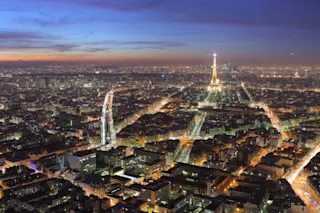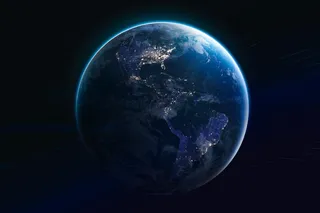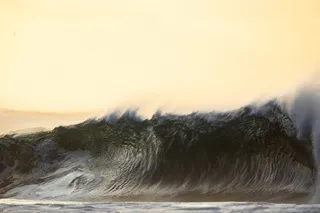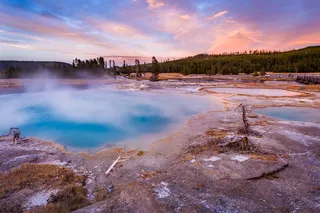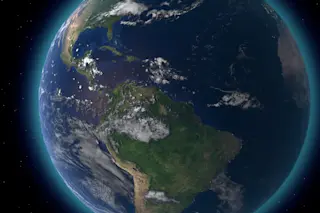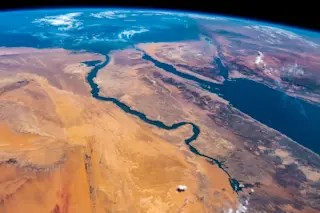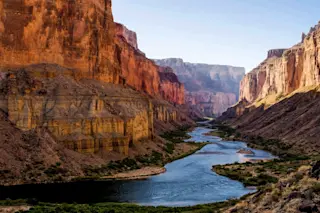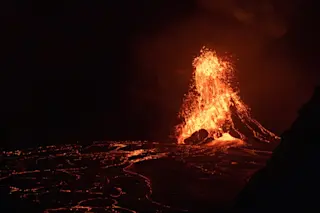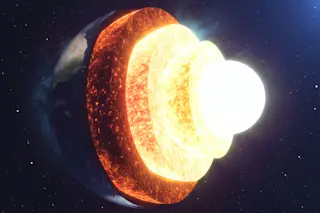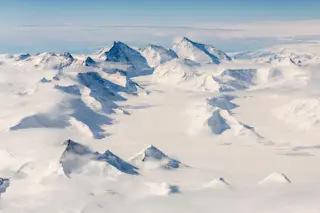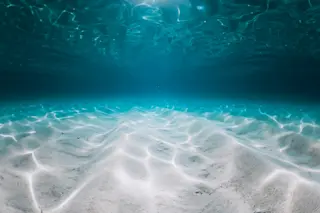The city of Paris at night. By 2040, all oil exploration and production in France will end. Wikimedia Commons. Today, Emmanuel Macron, the current president of France, announced that his country would no longer allow for oil exploration in its territory and by 2040, all oil extraction in France would be ended. Now, at first, you might be tempted to say this is merely symbolic as France isn't exactly an huge oil producer, but you'd be wrong. France does have some significant oil resources that will now be locked in the ground for the sake of not adding more carbon dioxide to the Earth's atmosphere. France is putting its marbles into energy sources that won't contribute as much to the increasing greenhouse gases being emitted by burning fossil fuels. So, where is all this French oil? It is locked in shale that lies with the Paris Basin. It isn't oil ...
France Rejects "Easy Energy" in Their New Oil Exploration Ban and That's Good
France's ban on oil exploration in France aims for a renewable energy transition by 2040, impacting Paris Basin oil reserves.
More on Discover
Stay Curious
SubscribeTo The Magazine
Save up to 40% off the cover price when you subscribe to Discover magazine.
Subscribe

